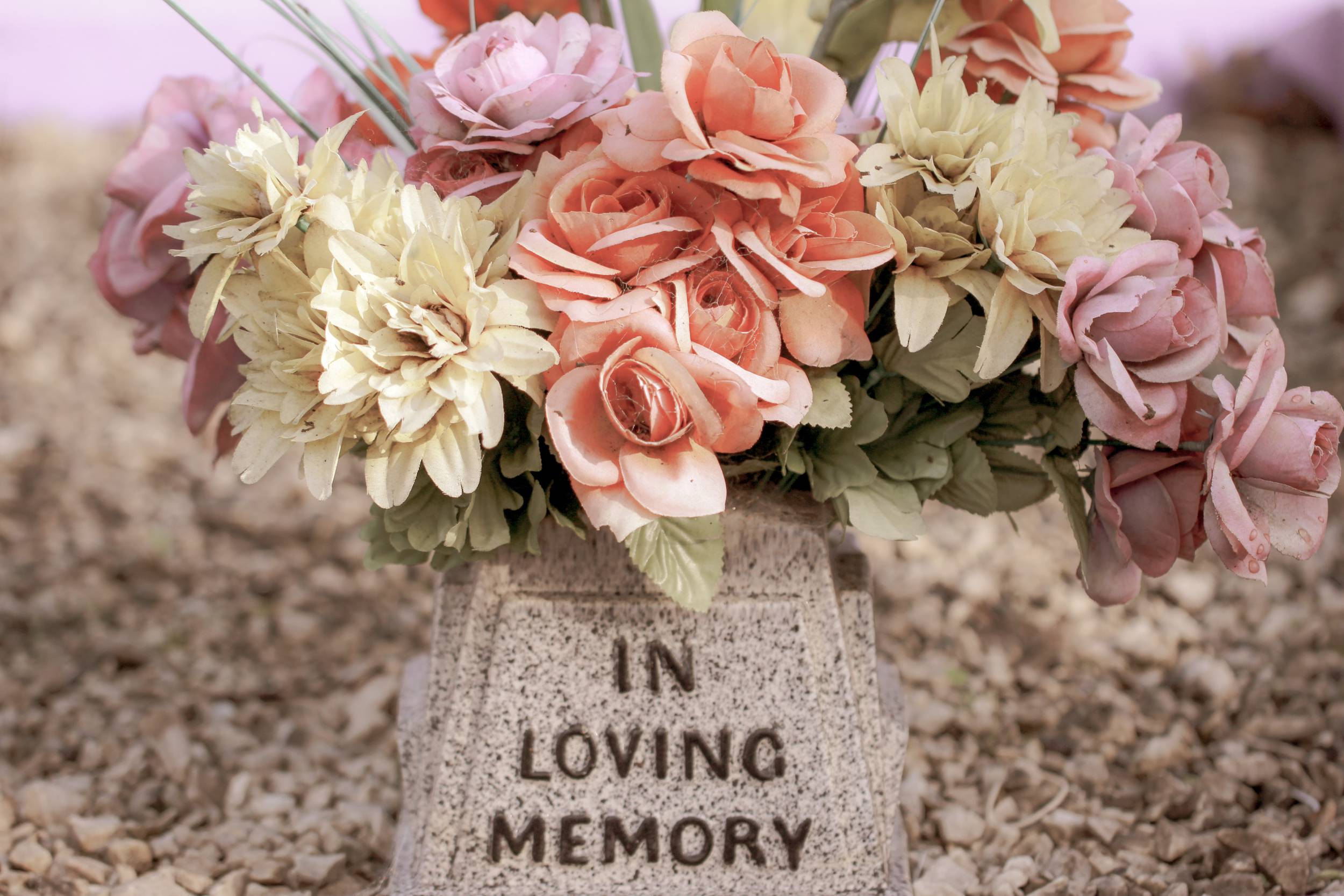Grief As an Individualized Process
Grief may be a very unpleasant experience. It’s something that we’ve all gone through or will go through at some point in our lives. It’s hard losing someone or something you care about. You may feel a wide range of emotions and bodily responses as a result of your tension. You might believe you’ll never be able to heal from the loss, or that you don’t know how you’ll get by.
There is no right or wrong way to grieve; it is a deeply personal process. Many variables influence how you grieve, including your personality and coping style, life experience, beliefs, and the significance of the loss.
Unprecedented Nature of Grief
Grief is a natural part of life, and it takes time to heal. It can’t be forced or rushed, and there’s no such thing as a “normal” mourning timeline. In weeks or months, some people begin to feel better. The grieving process can take years for some people. Whatever stage of mourning you’re in, it’s critical to be patient with yourself and let the process unfold organically.
We may also think of the grieving process as a roller coaster, with ups and downs, highs and lows, rather than a sequence of stages. The ride, like many roller coasters, is harder in the beginning, with deeper and longer lows. As time passes, the tough moments should get less intense and shorter, but working through a loss takes time. We may still feel a deep feeling of grief years after a loss, especially at significant events such as a family gathering or birthdays.
“Everyone can master a grief but he that has it.” — William Shakespeare
This is a great quote that explains how individualized grief is. This Shakespearian quote means that everyone knows how to overcome an injury except the one who actually has one. The only clear answers you’ll find are the ones you come up with yourself. You need to figure out how to cope with the ambiguity and uncertainty of grief more effectively.
The complexity of grief has to be acknowledged. While there are certainly broad and fundamental truths, much cannot be dictated or anticipated on an individual basis. So, we must forgo our search for explanations in favor of comprehension.
These all being said, there can be tools to ease your pain and help you to get back on your routine.
Things You Can Do To Ease Your Pain
According to the Mind, there are some strategies to deal with grief. Here are some of them:
Takeaway Message
Realizing that no one goes through grief, in the same way, is crucial to comprehending it. Grief is a very personal experience, and each time you go through it, you may experience something different. You may require several weeks or years to recover from your grief.
Looking for spaces where you can unburden yourself, tell your story and experience is valuable in coping with grief. At Moodcare, your emotional companion Moody gives you the needed space to pour your heart out. You may consider checking our new module of talking about grief.
A mental health expert can also help you examine your feelings and find a sense of certainty in these very big and heavy emotions if you decide you need help dealing with the complicated feelings and changes.
Author
Selen Gönül
Clinical Psychologist, MSc.
Join for the easiest, safest, and most accessible way to get psychological support

